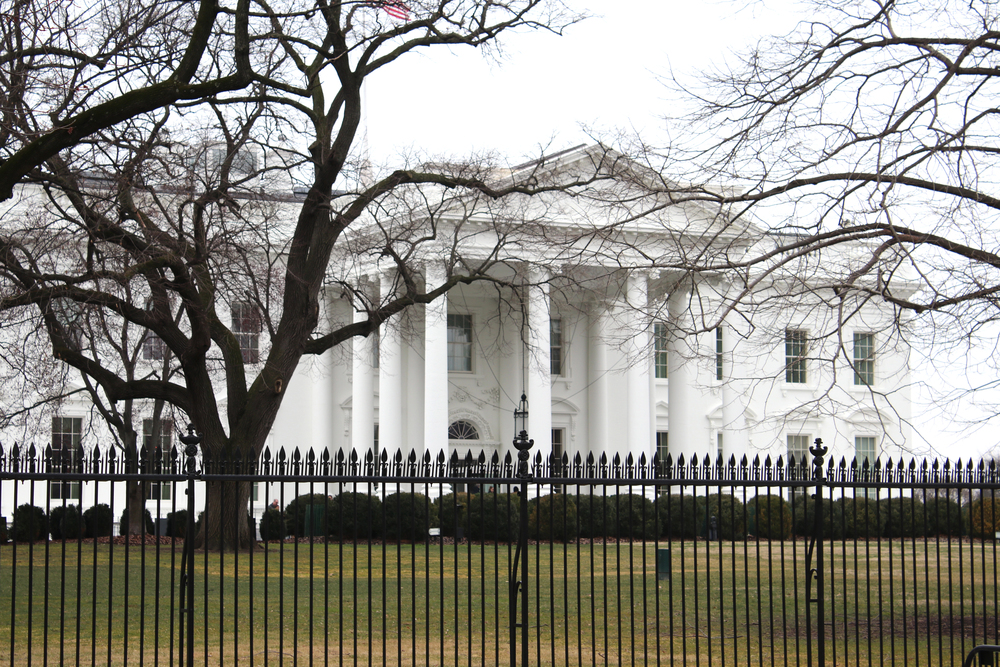Democrats Move Forward with $3.5 Trillion Budget

By: Wyatt Stewart
This week, Democrats in the U.S. Senate passed a $3.5 trillion budget resolution that will begin to unlock the process known as reconciliation.
Reconciliation allows the majority party in the Senate to use spending or revenue bills to expedite consideration of certain tax, budget and spending related legislation. While limited in use, budget reconciliation measures in the Senate require a majority vote and not the normal 60 vote threshold to overcome a filibuster and pass legislation.
While the Senate-passed budget resolution outlined the Biden administration’s spending priorities, it did not include how it will pay for the spending. The U.S. House will now need to pass the budget resolution for the process to move forward. After House Democrats pass the resolution, both chambers will need to craft and pass a reconciliation package, which will include the details on their “pay-fors.” This is expected to take place sometime this fall or early winter.
Based on the contours of the budget resolution, the reconciliation package could include up to $1.75 trillion in tax increases. Although the pay-fors weren’t included in the budget resolution, it is widely expected that Democrats will include provisions from President Joe Biden’s American Jobs Plan and American Families Plan that he unveiled earlier this year. Those plans include significant tax increases on both businesses and individuals.
Importantly for agencies that file taxes as a C corporation, which is roughly one-third of Big “I” members, President Biden has suggested raising the corporate tax rate from 21% to 28%. For the two-thirds of Big “I” members organized as pass-through entities, President Biden’s proposals earlier this year did not call for any changes to the 20% tax deduction for small businesses that was created in former President Donald Trump’s Tax Cuts and Jobs Act. However, Senate Finance Committee Chairman Ron Wyden (D-Oregon) recently introduced legislation that would phase out the 20% small business tax deduction for taxpayers with incomes over $400,000, while eliminating it altogether for those with incomes exceeding $500,000. It is expected that congressional Democrats will push to have this included in their reconciliation package.
President Biden has also proposed increasing the top marginal tax rate for individuals from 37% to 39.6%. Additionally, for all households making more than $1 million, Biden’s proposals would tax capital gains as ordinary income at a rate of 39.6%, up from the current rate of 20%. When added to the existing 3.8% Medicare tax on investment income, the new top-level capital gains rate for individuals would be as high as 43.4%. President Biden has also called for ending “stepped-up basis” that allows people to pass investments to heirs tax free at the time of their death.
As congressional Democrats push forward with reconciliation, the Big “I” will continue to advocate on behalf of its member and strongly oppose any attempts to increase taxes on small businesses.
Wyatt Stewart is Big “I” assistant vice president of federal government affairs.










